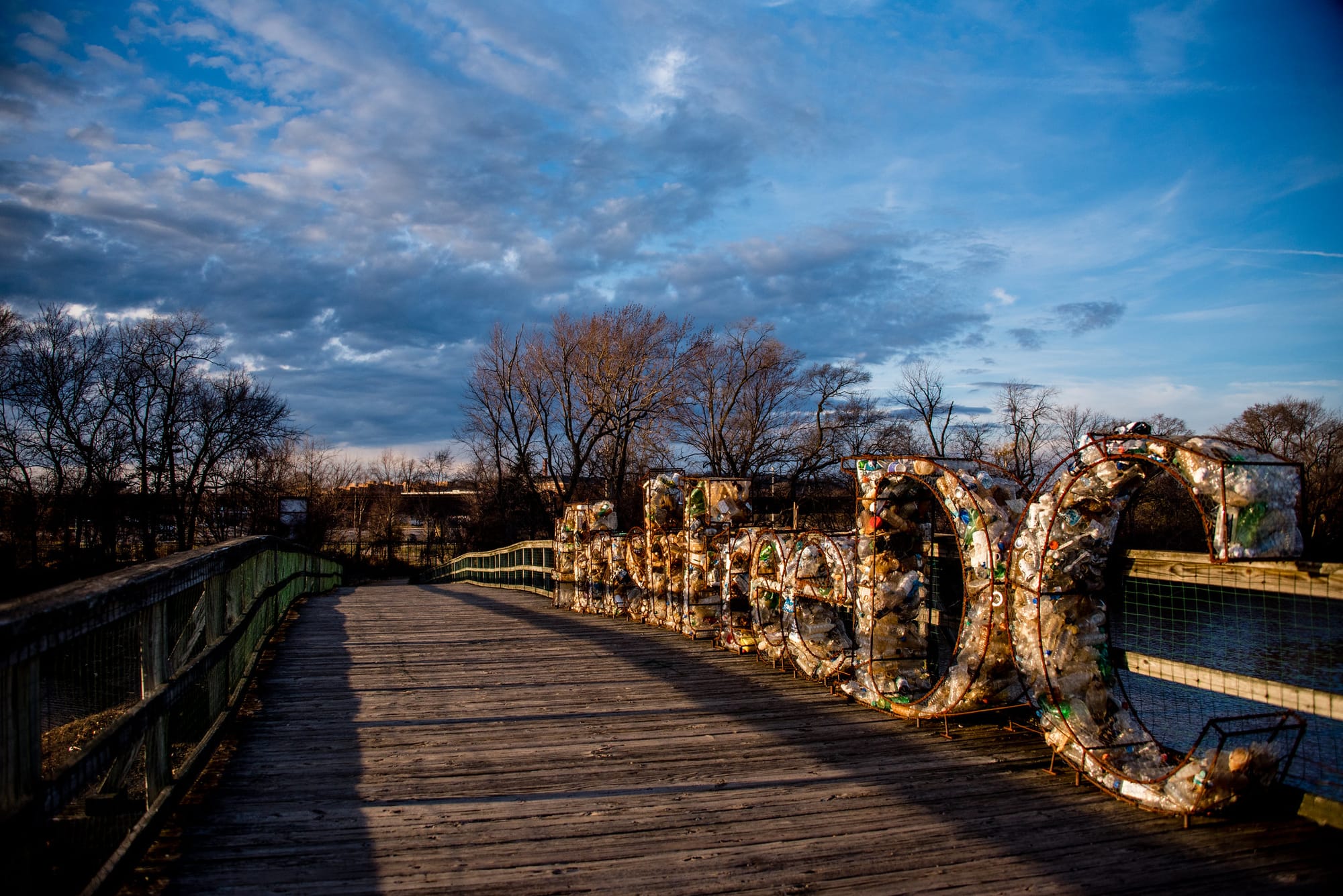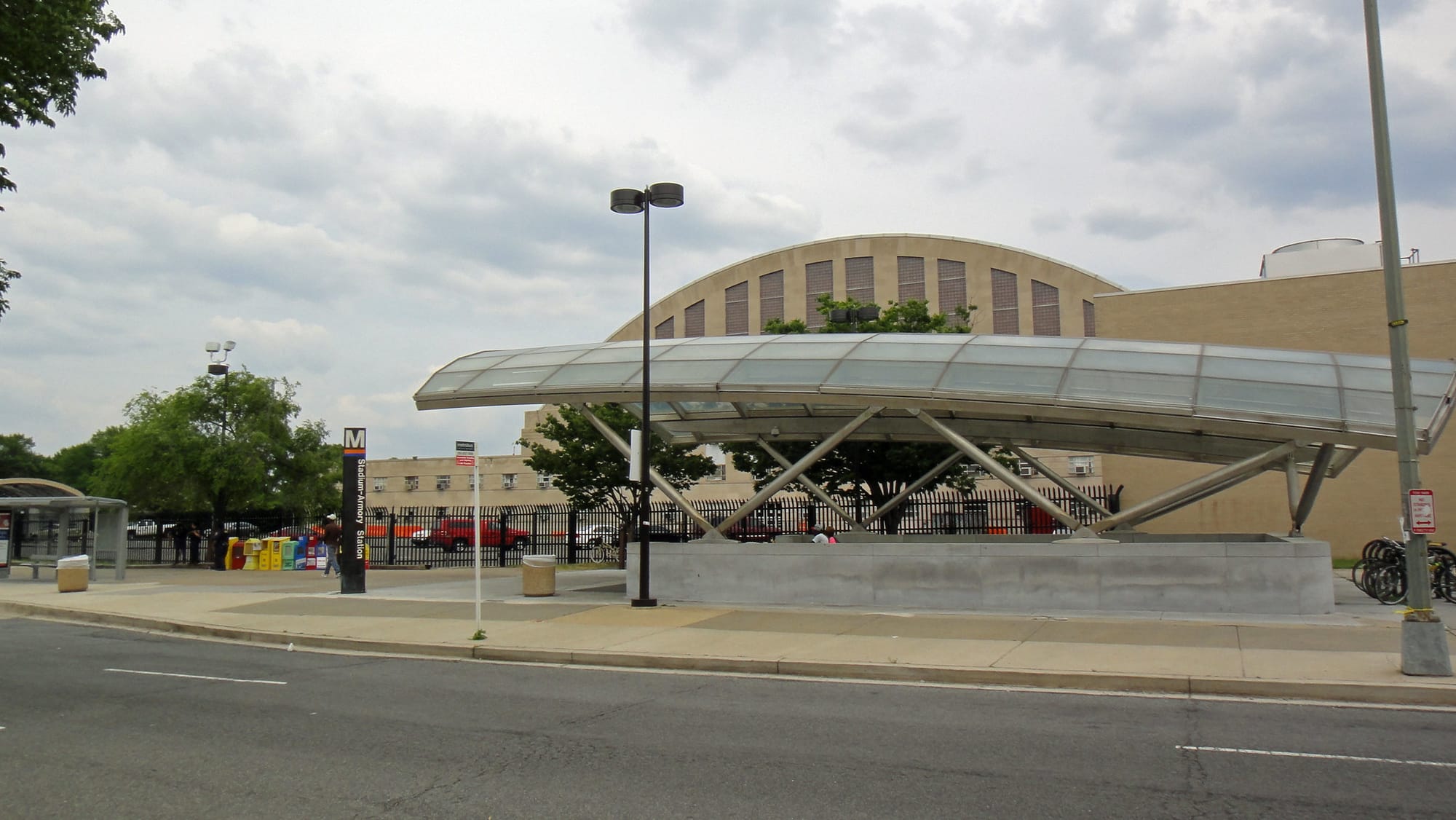What can be done about your expensive Pepco bill?
Financial assistance, energy audits, and avoiding third-party suppliers can help.
"Exciting," "a monumental waste of money," and more thoughts from those closest to the stadium.

If you are a comic book lover, you may be familiar with such grandiose refrains as “the fate of the universe depends on….”
Well, here in D.C., many city officials, activists, and residents are saying the future of the District will be fundamentally shaped by the passing or nixing of a $3.7 billion deal to bring the Washington Commanders back to the RFK stadium site.
In addition to bringing the team back to the District, the agreement announced last month came with the promise of a shiny new stadium, upwards of 5,000 housing units, 2,000 permanent jobs, and billions of dollars in economic development centered in Ward 7. Commanders owner Josh Harris called it “a once-in-a-generation catalyst for uplifting and transforming our region.”
But like most stadium projects around the country, the proposal has also faced significant debate. Critics have zeroed in on the enormous cost burden to taxpayers — $1.2 billion over 10 years. And in a city that desperately needs more housing, some activists are pushing for the stadium idea to be nixed altogether in favor of building more homes.
As city officials hash out the details, The 51st asked our readers to weigh in on the matter, asking two questions: What do you think of the Commanders' return? How would you want the RFK site to be used?
While the deal will no doubt impact the entire city, the brunt of the impacts – positive and negative – will be felt in Ward 7. More than a dozen residents of the ward weighed in, expressing frustration with the cost to taxpayers, hope for the future development, and a clear desire to emphasize better transportation options over parking. Here’s what they had to say in their own words.
Some answers have been edited for length and clarity.
A billion-dollar investment in a stadium was always going to spark controversy, but with the city’s budget battered by the current state of federal politics, many residents focused on just how much this would cost taxpayers amid an already significant financial crunch.

Some residents expressed cautious excitement about the development that the project will bring, emphasizing the need for housing, in particular. Others listed a litany of other uses for the site that they felt would benefit the community.

Currently, the site is accessible by the Blue, Orange, and Silver lines, as well as a number of Metrobus lines that stop at the Stadium-Armory station. (The proposed deal also includes a provision to study the possibility of a new Metro station closer to the stadium.) The new development also calls for about 8,000 parking spots. Many survey respondents expressed a strong preference to prioritize better public transportation over an influx of cars to their neighborhoods.
With your help, we pursue stories that hold leaders to account, demystify opaque city and civic processes, and celebrate the idiosyncrasies that make us proud to call D.C. home. Put simply, our mission is to make it easier — and more fun — to live in the District. Our members help keep local news free and independent for all: